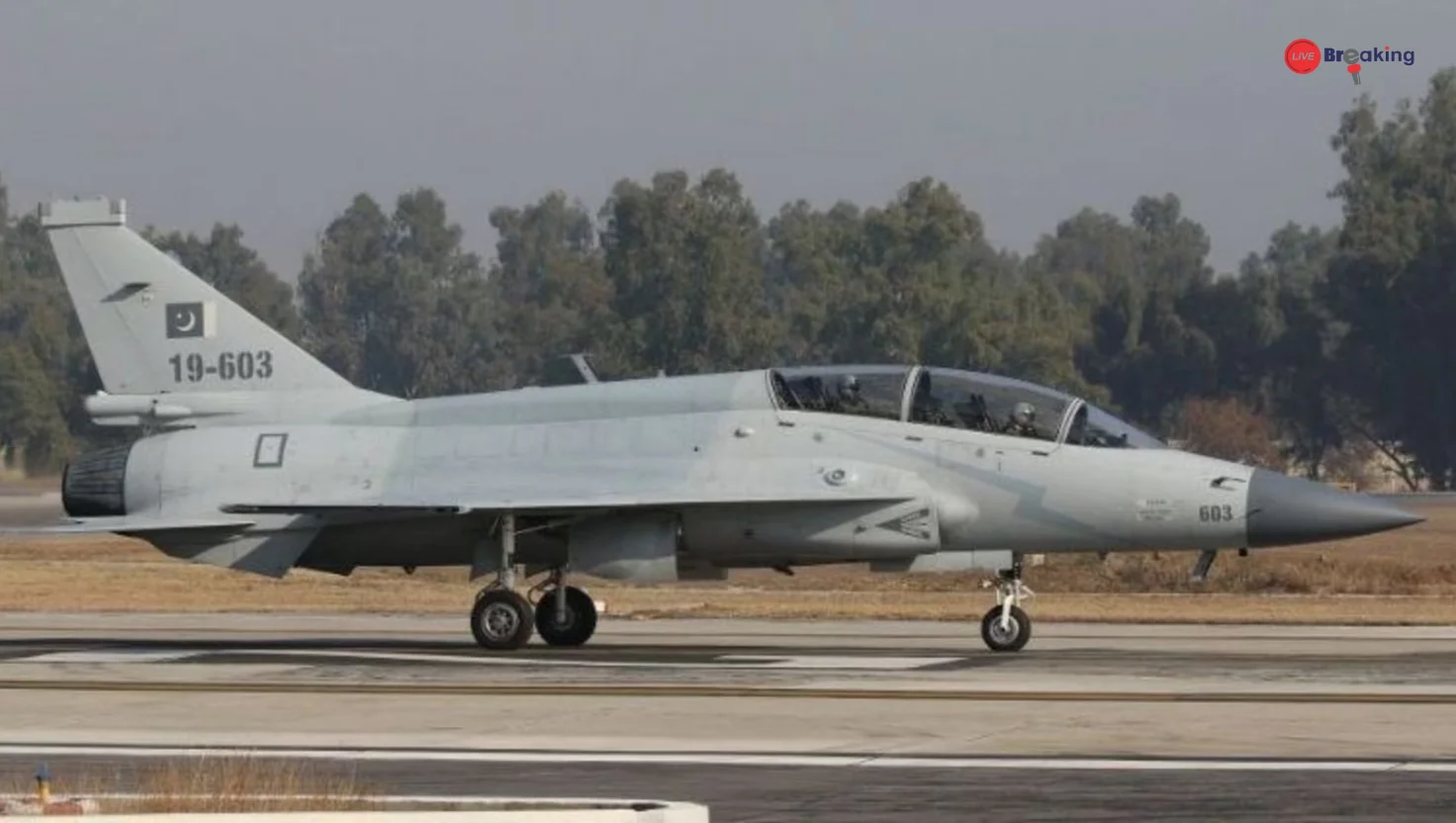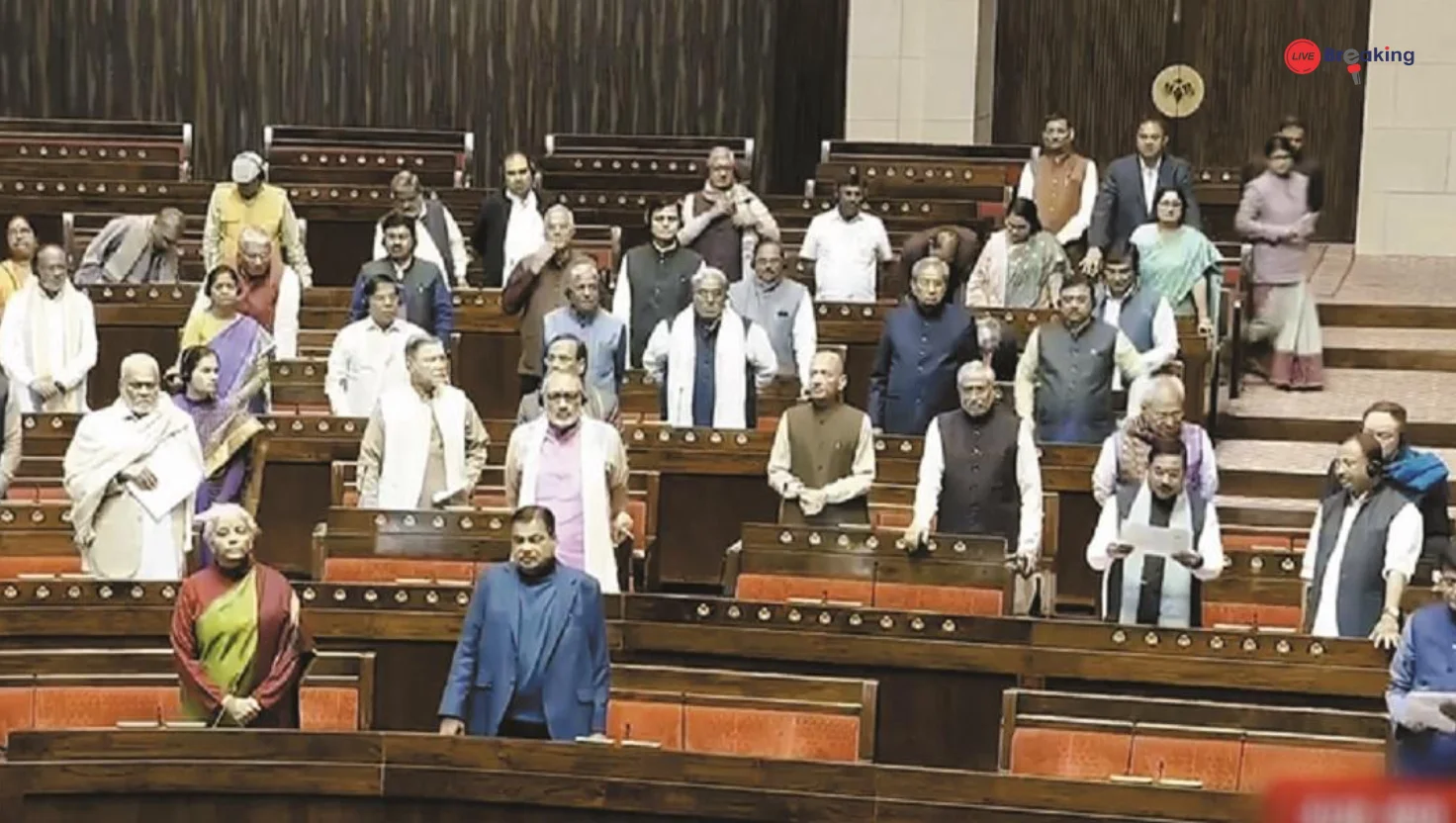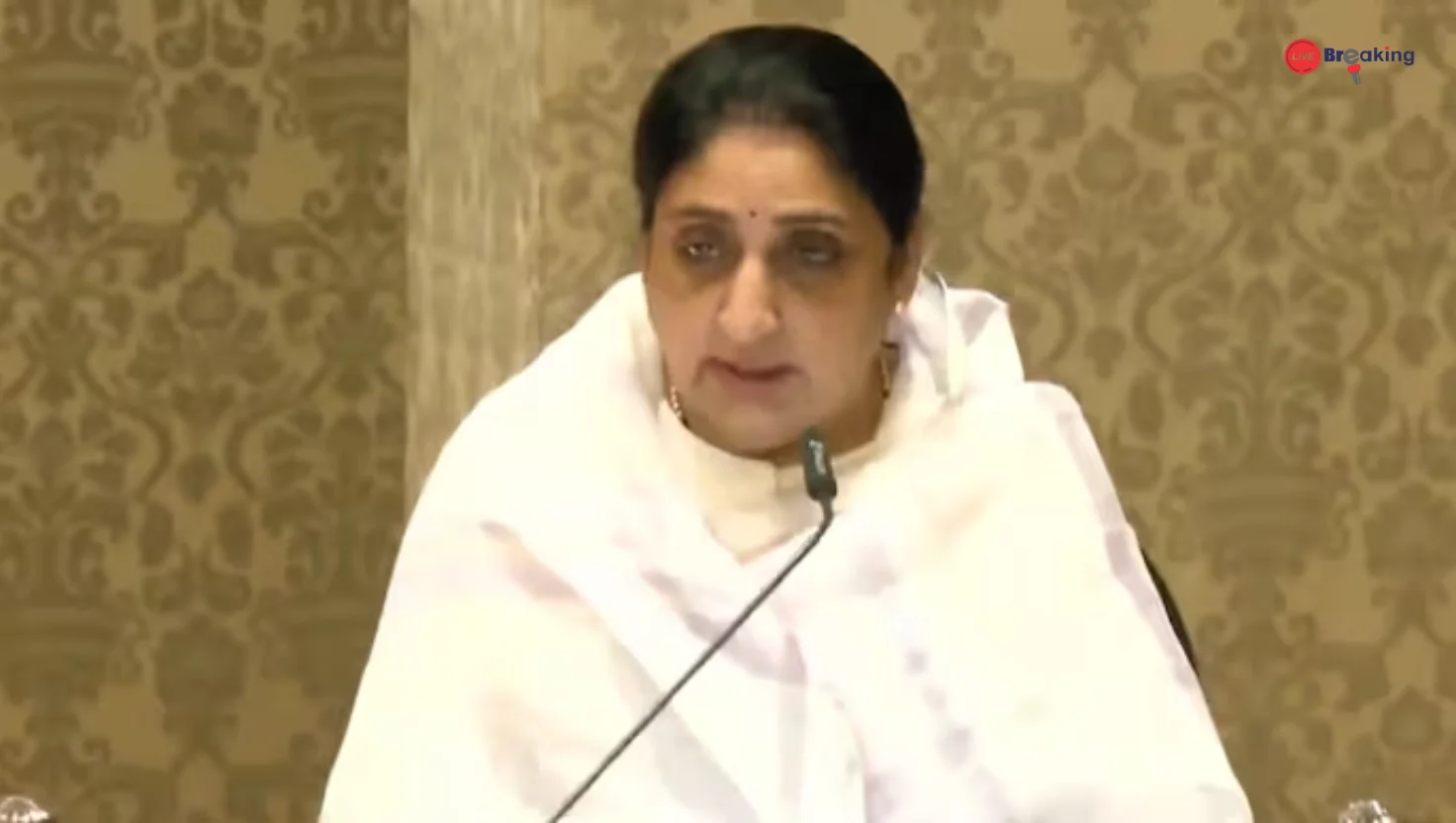Russian Analysts: Why Russia Thinks Pakistan Fighter Jet Upgrade Will Strengthen India’s Hand
Russian Analysts: In a development drawing attention in South Asian strategic circles, reports of Pakistan receiving engine supplies for its JF-17 fighter jets have sparked debate among analysts. While the move is seen as an attempt by Islamabad to bolster its aerial capabilities, Russian experts argue that the decision could have the opposite effect, ultimately benefiting India’s long-term strategic position.
The JF-17 Thunder, jointly developed by Pakistan and China, is a lightweight multi-role fighter designed to modernize Pakistan’s Air Force at relatively lower costs. However, its dependence on foreign-supplied engines, particularly Russian-origin RD-93 variants, has remained a persistent vulnerability. According to Russian defense specialists, while Pakistan views the reported acquisition of these engines as a tactical gain, the decision exposes structural weaknesses that India is well-positioned to exploit.
Engine Dependence Raises Strategic Questions
One of the key points raised by Russian analysts is Pakistan’s continued reliance on external suppliers for critical components of its air fleet. Unlike India, which has invested heavily in indigenous aerospace programs such as the Tejas fighter and is pursuing self-reliance under its “Make in India” defense initiative, Pakistan remains dependent on outside sources, especially China and Russia, for crucial technology.
Experts suggest that this dependence creates leverage for India in multiple ways. First, it underscores the limitations of Pakistan’s defense industry, making it vulnerable to disruptions in supply chains. Second, it allows India to anticipate Pakistan’s capabilities more accurately, given that the engines being supplied are already well-known in the Indian defense ecosystem.
India’s Familiarity with the Technology
Another reason why analysts believe the deal could favor India lies in New Delhi’s prior experience with Russian-origin engines. India’s long-standing defense ties with Russia mean that the Indian Air Force and defense planners have intimate knowledge of the technical specifications, strengths, and shortcomings of the RD-93 engine family.
This familiarity equips India with a comparative advantage, as its engineers and strategists can better assess and counter Pakistan’s aerial advancements. In effect, while Pakistan upgrades its fleet, India’s defense community will already possess insights that reduce the element of surprise.
Tactical Boost, Strategic Limitations
For Pakistan, the immediate benefit of acquiring new engines is clear—it ensures the continued operability and deployment of its JF-17 squadrons, a key part of its air defense and strike capabilities. But Russian experts argue that this tactical boost does not translate into a long-term strategic shift.
Read more: No Remorse, No Responsibility’: Madras HC Slams Vijay Party Over Stampede
India’s growing defense partnerships with the United States, France, and Israel provide it with access to cutting-edge technology that far surpasses the JF-17 platform. Rafale fighter jets, advanced missile systems, and plans for fifth-generation aircraft collectively put India in a stronger position. Against this backdrop, Pakistan’s reliance on older Russian-origin engines is seen as a limited upgrade rather than a game-changing move.
Regional Implications
The reported engine supply also raises questions about regional dynamics. While China remains Pakistan’s closest defense partner, its inability to provide fully reliable indigenous engines for the JF-17 without Russian collaboration highlights Beijing’s own technological hurdles. This, in turn, diminishes the perceived threat of Pakistan’s air fleet in Indian eyes.
Moreover, Indian analysts may view the development as further justification to accelerate indigenous defense projects. By highlighting Pakistan’s dependency on imports, India is likely to push harder for self-sufficiency, strengthening its aerospace industry in the long run.
Russian Experts’ Conclusion
The consensus among Moscow’s strategic commentators is that while Pakistan may perceive the JF-17 engine deal as a step toward military parity with India, the outcome could be quite the opposite. India’s deeper defense experience with Russian systems, its superior access to Western technology, and its commitment to domestic innovation position it to turn this development to its advantage.
Read more: India Warns Pakistan: Avoid Aggression Over Sir Creek Dispute
In essence, the reported deal underscores a paradox: Pakistan’s efforts to modernize its air force risk exposing its vulnerabilities, while India stands to consolidate its edge through knowledge, preparedness, and broader global partnerships.
For New Delhi, the message is clear—Pakistan’s short-term tactical gains need not be alarming. With foresight and strategic investment, India could emerge as the true beneficiary of this much-discussed engine deal.












